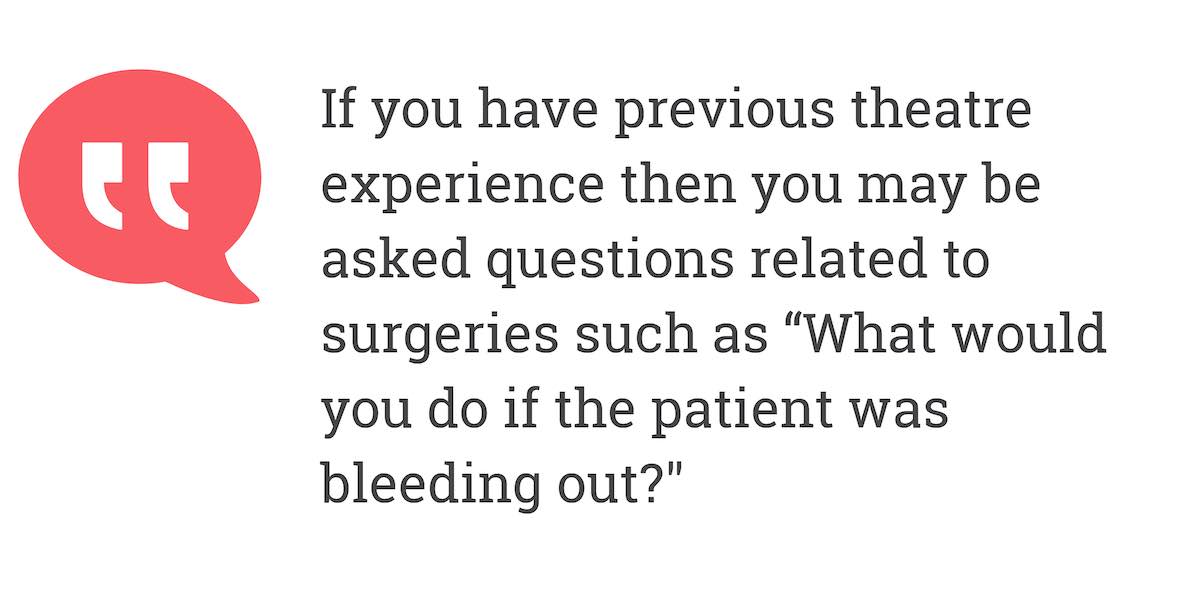- 01 September 2021
- 7 min read
How To Prepare For Your Scrub Nurse Interview And Answer The Typical Interview Questions
Subscribe “I believe compassion is extremely important in this job as often times children are not aware of the procedure they’re having, so treating them with kindness and respect is vital.”
“I believe compassion is extremely important in this job as often times children are not aware of the procedure they’re having, so treating them with kindness and respect is vital.”Scrub Nurse, Amira Begum gives a comprehensive overview on what to expect from your interview and offers advice about how to stand out from the crowd.
Topics covered in this article
What To Expect From The Interview
Introduction
In this article, I’ll be talking you through the steps I went through when I applied for my job as a Scrub Nurse (Theatre Practitioner).
Depending on where you’re applying, the application process may differ slightly.
However, this piece should give you an insight into the typical questions.
Interviewers may ask and possibly help you look at a different role of nursing.
This article will be specific to a scrub or circulating role.
A scrub nurse works in the sterile field, working alongside the surgeons, whereas a circulating nurse works outside the sterile field.
Knowing the distinction between these two is important as they both have different responsibilities.
Also, in most workplaces nurses are expected to be able to carry out both roles.









About this contributor
Health Protection Practitioner
I’m Amira, I qualified as an Adult Nurse over a year ago and I have been working in theatres since qualifying. I am an adult trained nurse working in a paediatric hospital. I specialise in spines, trauma and orthopaedics. Outside of work I am a keen baker and fitness enthusiast.
More by this contributorWant to get involved in the discussion?
Log In Subscribe to comment